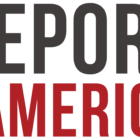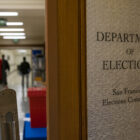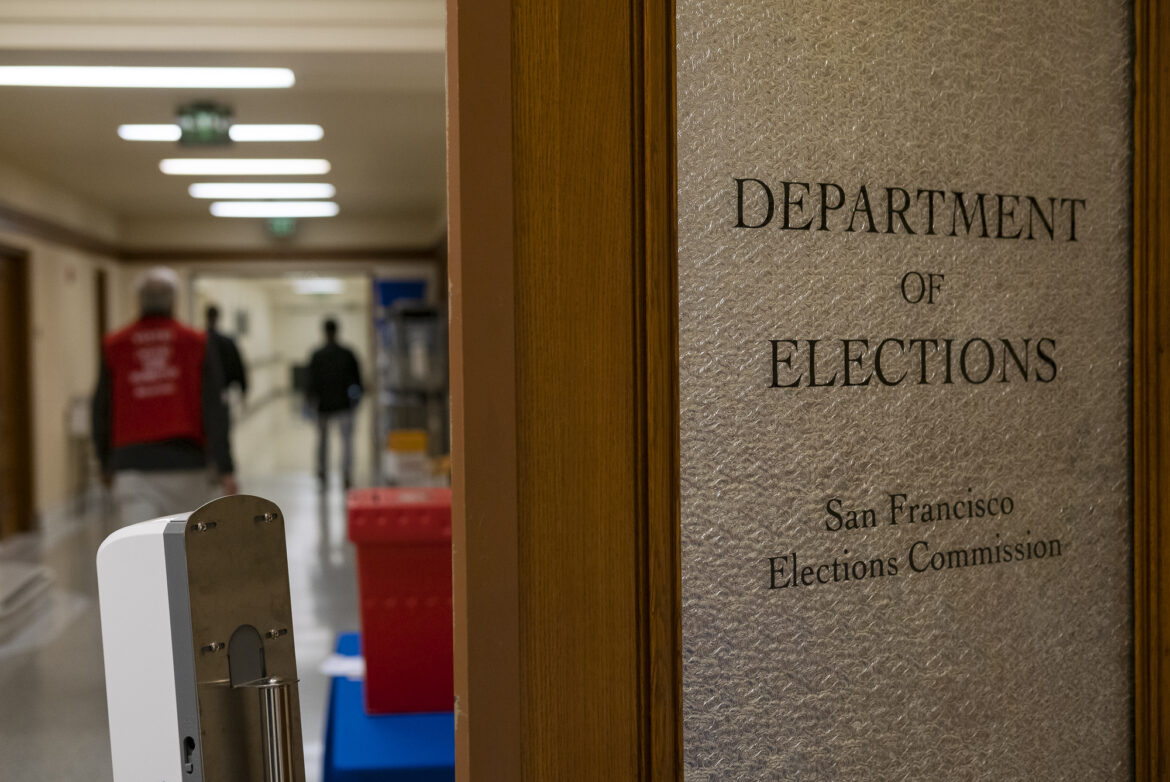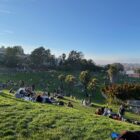From the Newsroom
Join Us to Learn How Government Secrecy Can Hurt You
Local governments are secretly making deals with corporations that can threaten public health and safety, and even democracy.
To learn more, join us at our July 11 event on this topic: “What You Don’t Know About Local Government Can Hurt You.”







